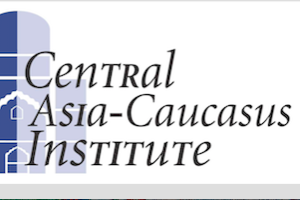CACI & SRSP co-hosted the Inaugural Central Asia-Nordic Think Tank Forum with the International Institute for Central Asia in Tashkent
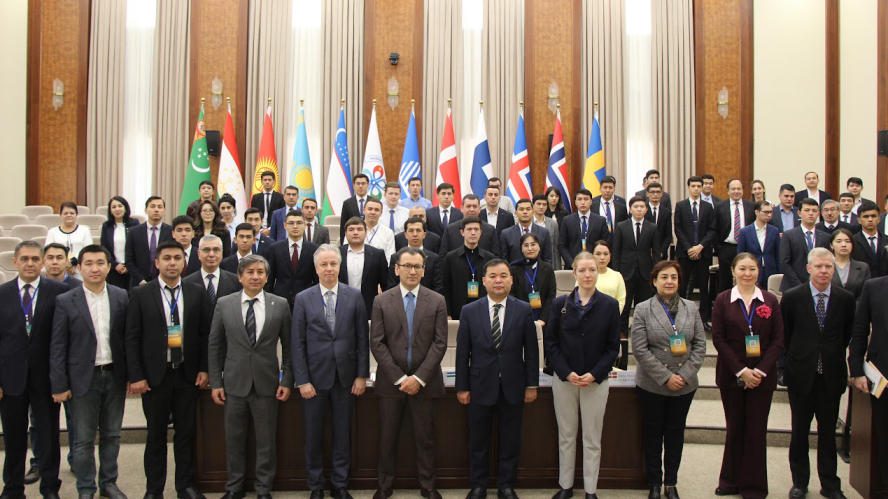
November 26, 2025: CACI & SRSP were honored to co-host the Inaugural Central Asia-Nordic Think Tank Forum with the International Institute for Central Asia in Tashkent, Uzbekistan. The Forum, following up on a May 2025 seminar hosted by ISDP in Stockholm that brought together Nordic and Central Asian experts, seeks to be a driving force in developing closer ties between the Nordic countries and the Central Asian region.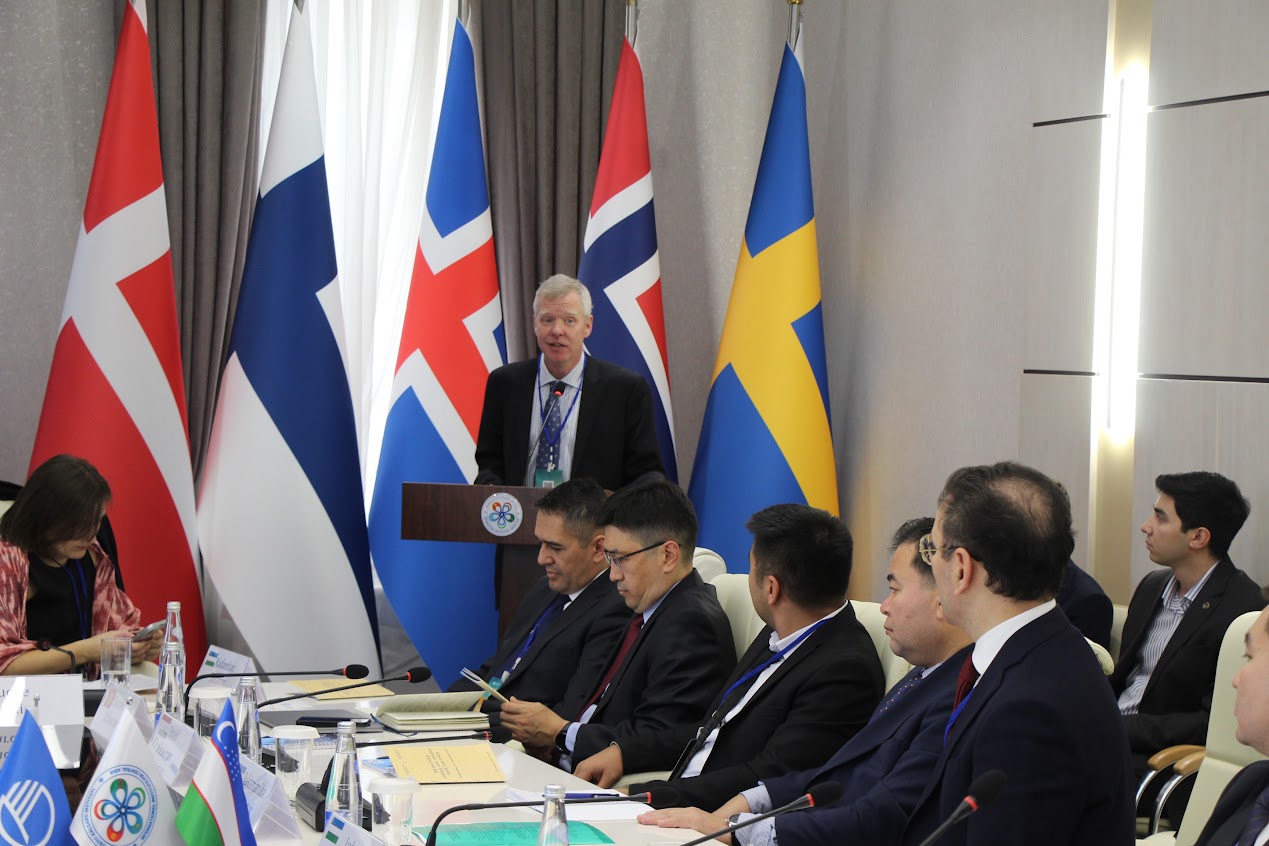
While Nordic countries have had diplomatic relations with Central Asian states for decades, the region has not featured prominently in the foreign policy of Nordic states. Yet the strategic importance of Central Asian states has been identified by the EU, which has rapidly ramped up the level and intensity of its interaction with Central Asia. Finnish President Alexander Stubb’s recent visit to the region suggests the same is happening in the Nordic states. Meanwhile, Central Asian states are expanding their diplomatic networks, and the Nordic region has become a priority for regional states. Kazakhstan and Uzbekistan have resident ambassadors in Stockholm, and Kyrgyzstan has appointed a Special Representative for the Nordic Region.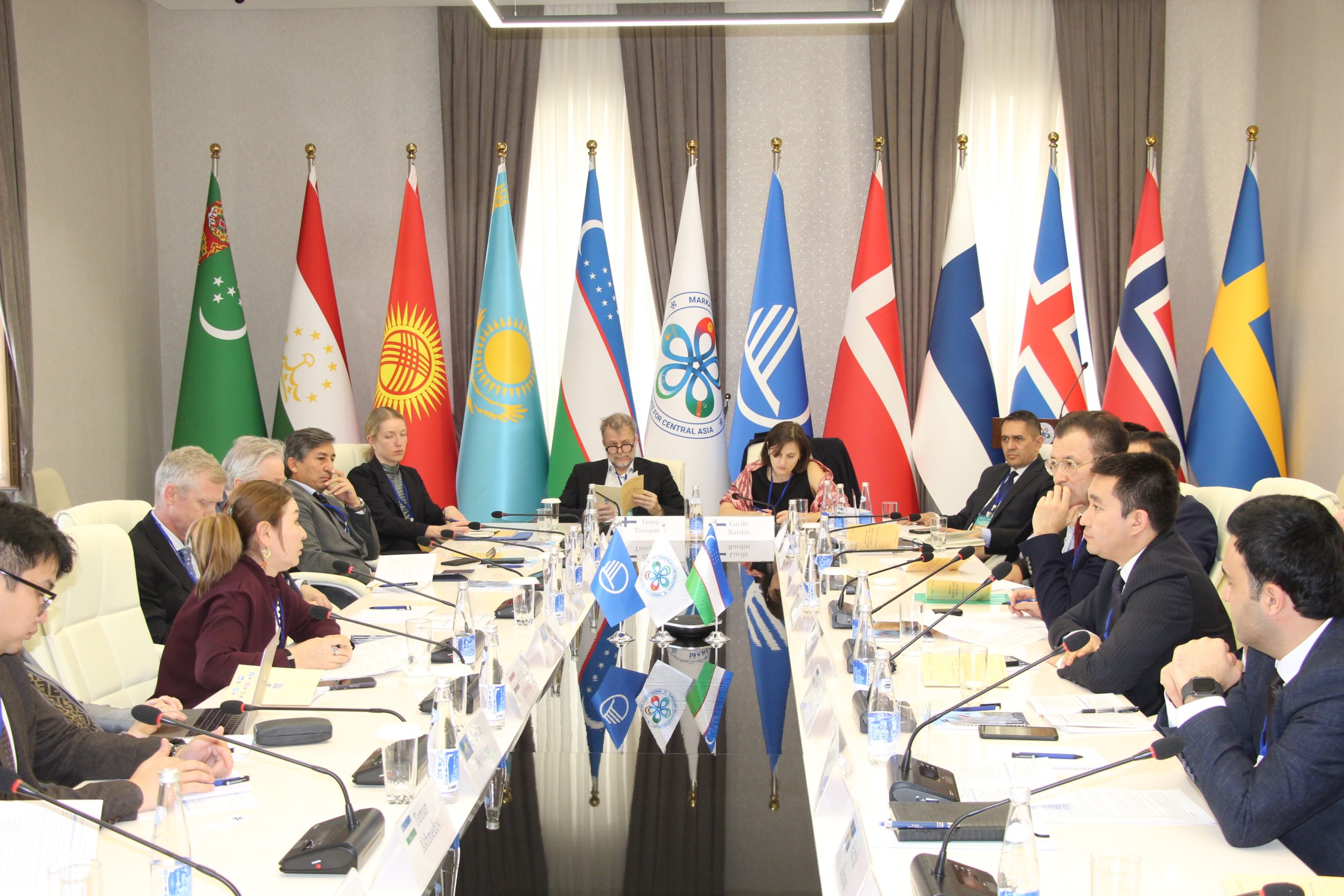
The establishment of the Central Asia–Nordic Council Think Tank Forum represents a timely and strategic step toward unlocking the potential of relations between these two regions. By bringing together leading experts and researchers from both regions, the Forum fosters knowledge exchange, policy innovation, and joint action on shared priorities such as sustainability, education, digital transformation, connectivity, and inclusive governance. Over time, this platform can serve as the intellectual engine for deeper, more systematic engagement, including future high-level summits and ministerial dialogues.
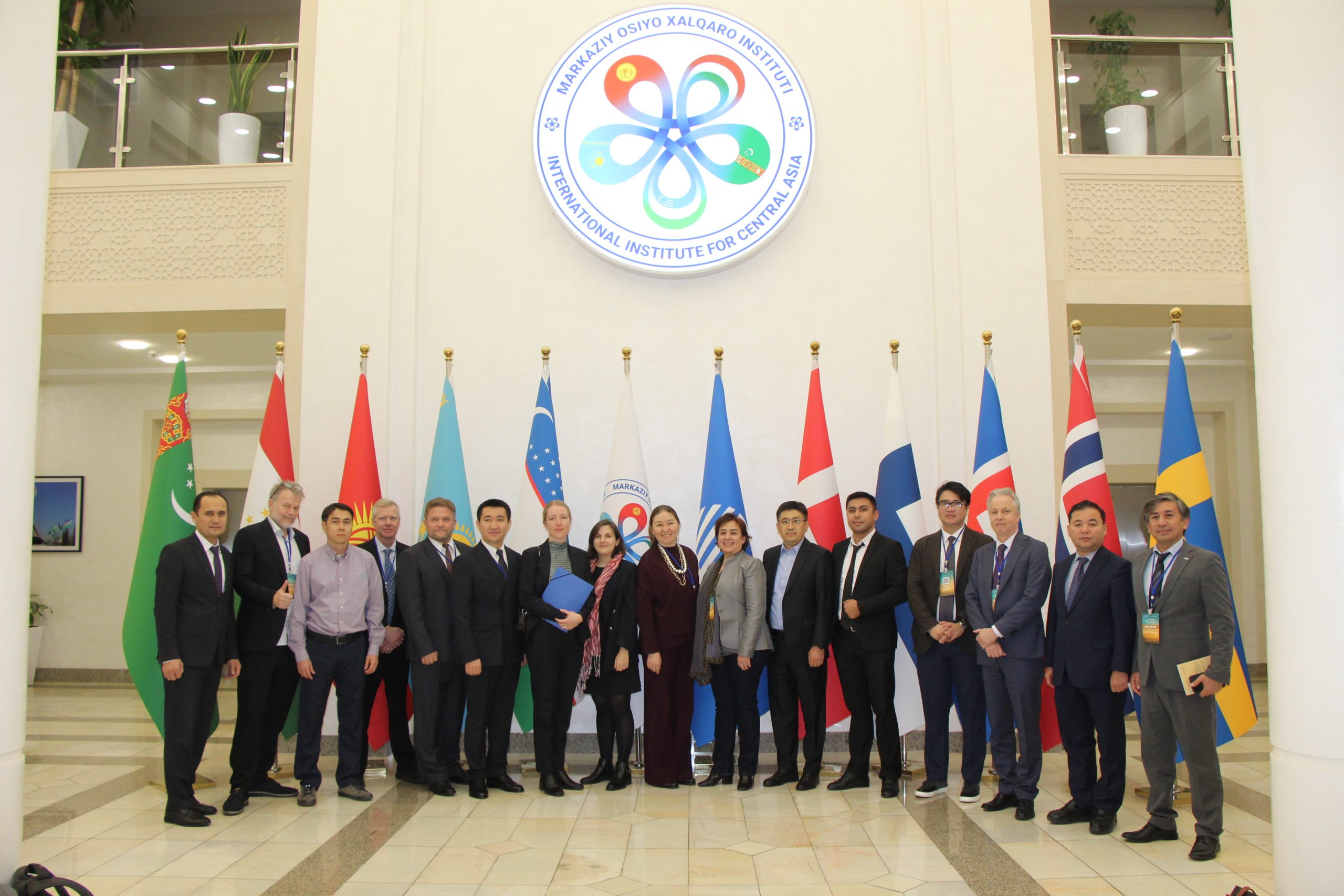
Through practical cooperation and the sharing of best practices, Central Asia and the Nordic countries can build a robust partnership—moving beyond dialogue to real solutions for sustainable development, resilient institutions, and shared prosperity.
The Central Asia-Caucasus Institute moves to the American Foreign Policy Council
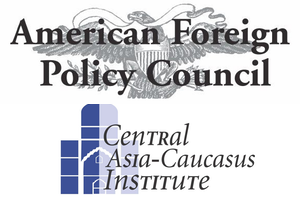
Central Asia and the Caucasus: From Independence to Interdependence Presentations by Spring 2016 Rumsfeld Fellows
CACI FORUM
Central Asia and the Caucasus:
From Independence to Interdependence
Presentations by Spring 2016 Rumsfeld Fellows
Wednesday, 27 April, 2016, from 5 to 7 p.m.
(reception at 5 p.m., followed by the main program at 5:30)
The fall of the USSR enabled peoples of Central Asia and the Caucasus (Greater Central Asia) to claim full independence and sovereignty. While bringing many obvious benefits, the strengthening of new sovereignties has also brought self-isolation and rivalry among peoples who had actively interacted for hundreds of years before the Russian conquest. The resulting isolationism has created needless tensions in the region, deepened poverty, and fostered religious radicalization. Meanwhile, geographic proximity, interdependent infrastructure, and the presence of Russian media have maintained ties with Russia and rendered them appealing to many.
Is it time to shift from the radical independence to intra-regional dialogue and economic integration within the region? And for the region as a whole to capitalize on its strategic location, cultural diversity, and human capital?
Twelve participants of the Spring 2016 Rumsfeld Fellowship Program, representing nine countries of Central Asia and the Caucasus, will share their answers to these questions.
A video recording of the event may now be viewed on the SAIS Events YouTube channel.
Speakers:
Mr. Ozodkhon Davlatshoev (Tajikistan)
Mr. Nemuun Gal (Mongolia)
Mr. Emil Gasimli (Azerbaijan)
Mr. Sulkhan Glonti (Georgia)
Ms. Raykhona Khashimova (Uzbekistan)
Ms. Eliza Nishanbaeva (Kyrgyzstan)
Mr. Mahmood Noorzai (Afghanistan)
Mr. Rakhim Oshakbayev (Kazakhstan)
Ms. Lilit Petrosyan (Armenia)
Mr. Ruslan Ramanov (Uzbekistan)
Mr. Narantuguldur Saijrakh (Mongolia)
Mr. Barry Salaam (Afghanistan)
Moderator: S. Frederick Starr, Chairman, Central Asia-Caucasus Institute
SAIS - Johns Hopkins University
1619 Massachusetts Ave., NW
Washington, DC 20036
